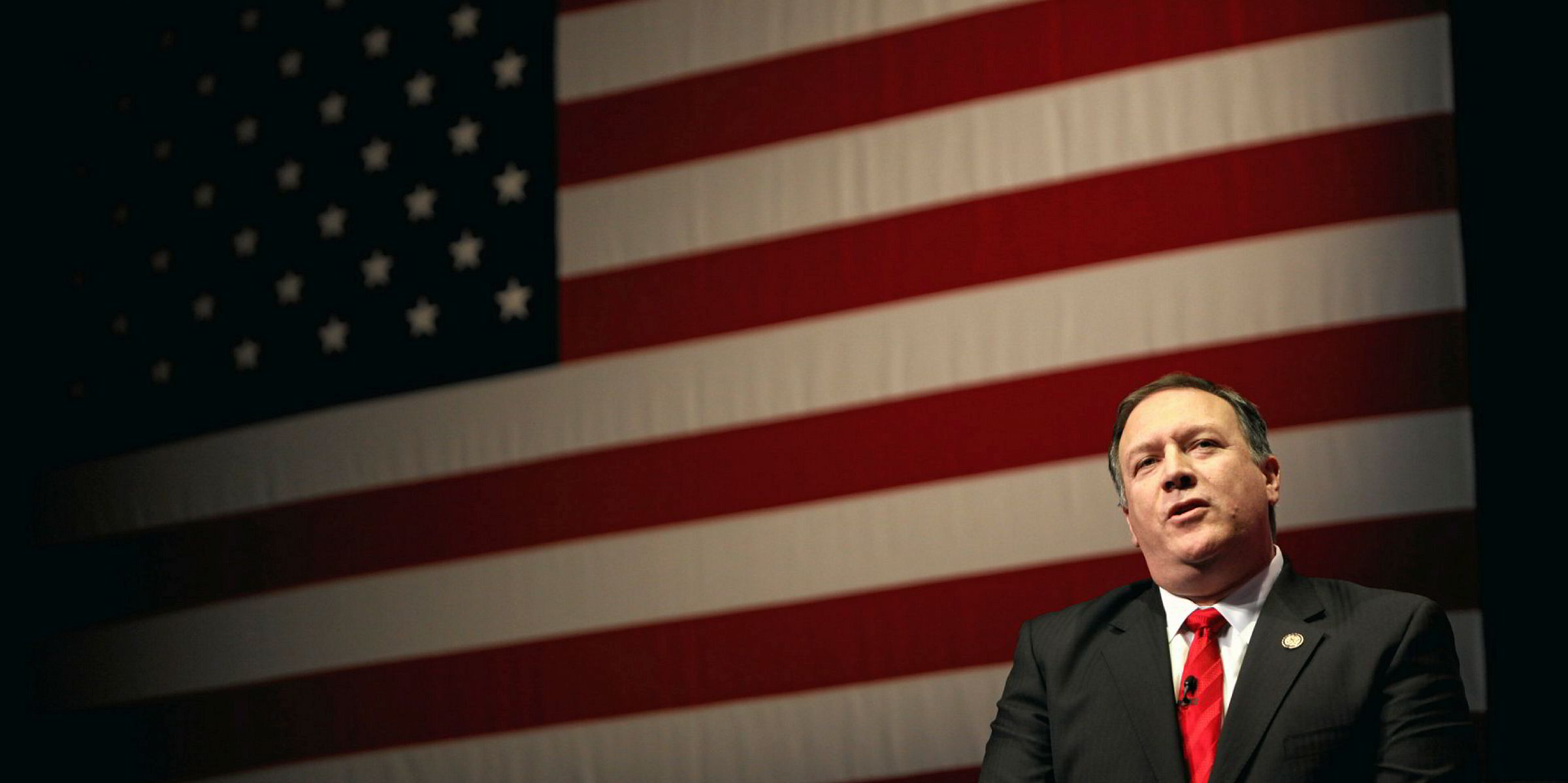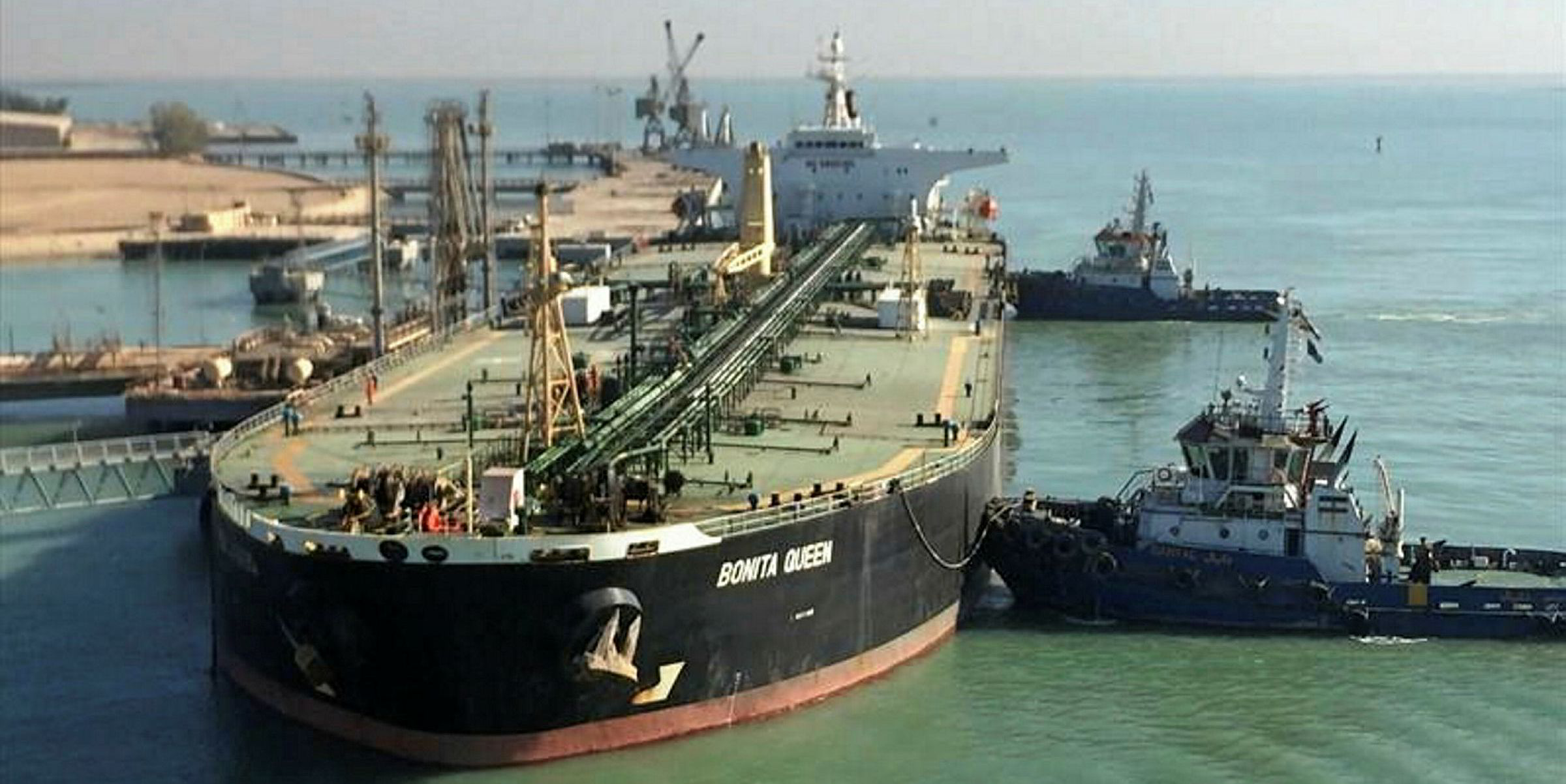The captain of the Adrian Darya 1 isn't the only one getting a big cash offer from the US.
The US Department of State is offering up to $15m in rewards for information that disrupts the sale of Iranian oil that allegedly funds the Iranian Revolutionary Guard, a group the US considers a terrorist organization.
Anyone with information on guard finances, oil-for-money schemes, front companies, financial institutions doing business with the guard, donors or investments are eligible for the funds, which are paid out through the 35-year-old Rewards for Justice counterterrorism program.
"It's a new policy, heretofore unprecedented," said Washington, DC-based sanctions attorney Hal Eren.
"I think, in the regular criminal context, there's always been a bounty for information leading to [an arrest]. This is somewhat akin to that. This has never been used in the sanctions arena."
Wednesday, the Financial Times reported the US government had offered the captain of the 300,600-dwt Adrian Darya 1 (built 1997) millions if he steered the ship into a US-friendly port, allowing it to be arrested.
The ship, formerly the Grace 1, was arrested 4 July by the UK in Gibraltar over suspicions it was transporting oil to Syria in violation of international sanctions.
The tanker was held there for just over six weeks before the country let it sail 19 August over US objections. Gibraltar said it had received assurances the cargo would not be transported to Syria.
The ship has not updated its automatic identification system since Monday, when it was in the eastern Mediterranian Sea in the waters between Cyprus and Lebanon.
News of the cash offer came the same day the US Treasury Department levied sanctions on a host of companies, ships and individuals that together allegedly constituted an "oil-for-terror shipping network" from Mumbai west to Beirut.
The network was said to have allowed Iran to ship oil to the Bashar al-Assad regime in Syria and to Hezbollah, earning the guard hundreds of millions in the process.
The sanctions and payment offers are the most recent examples of the US government turning a watchful eye toward shipping as a means of enforcing sanctions.
The move is also one that could set up perverse incentives for whistleblowers, according to George Chalos, founder of Long Island maritime law firm Chalos & Co.
He said the US has "perverted" the use of whistleblower awards in shipping, where seafarers are encouraged to break the law by polluting in US waters, then report the pollution to authorities, allowing domestic law enforcement to levy huge fines. The reporting seafarers are then given substantial whistleblower awards.
"The immediate questions which spring to mind is: why is the US the only government taking such a position and/or making such an offer?" Chalos said. "Presumably, there are other sovereigns who have similar views on 'justice' and have plenty of money to pay a reward if they wanted.
"I am generally offended by the idea of the payment of money for people to come forward and share their knowledge of misconduct. I am a firm believer that people need to do the right thing at the right time for the right reasons regardless of who is watching and without personal gain."





